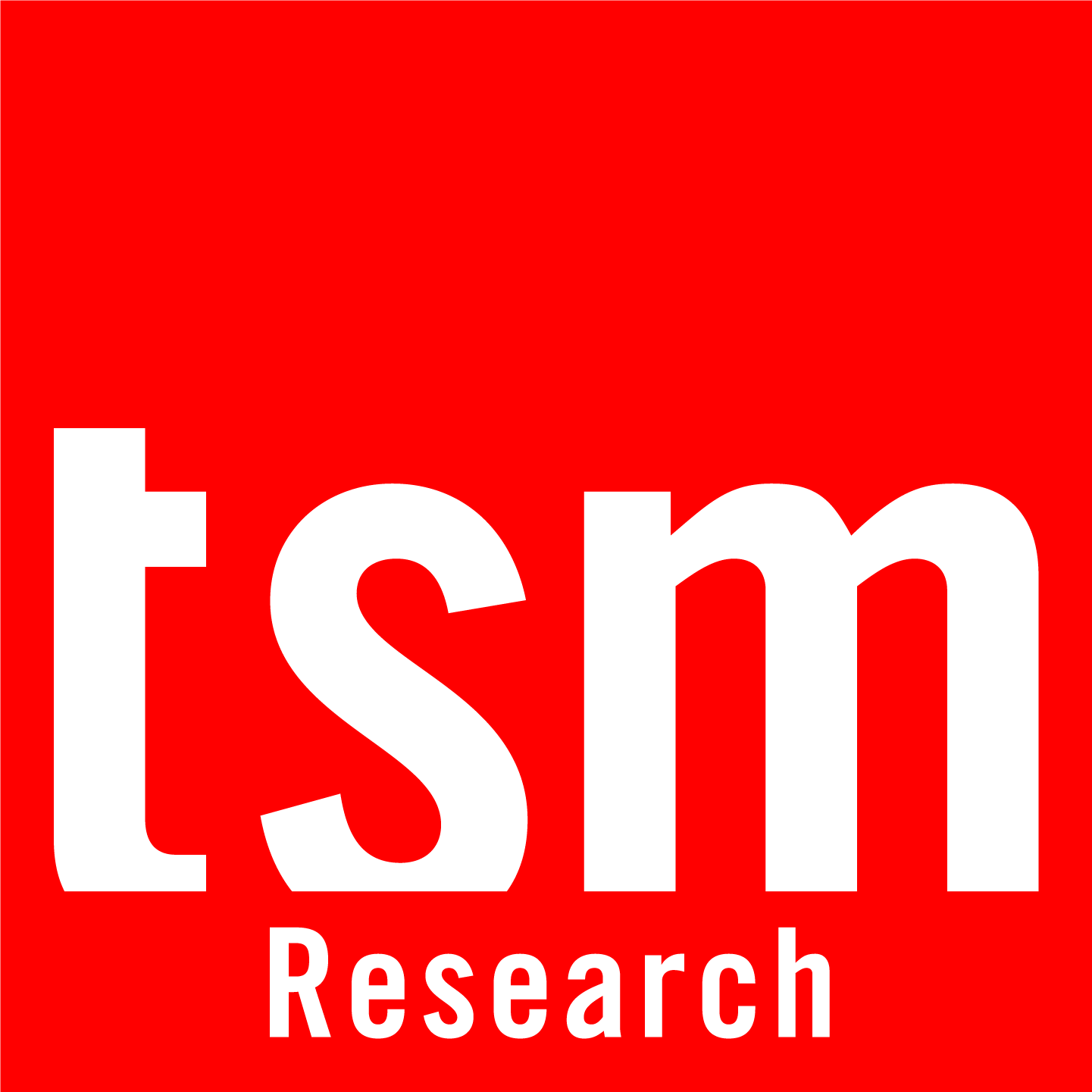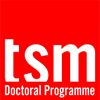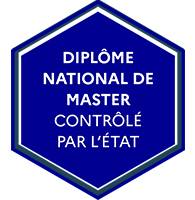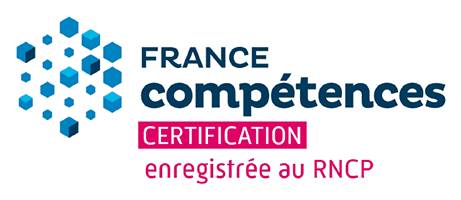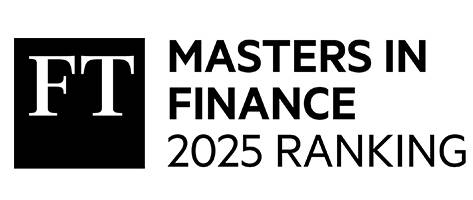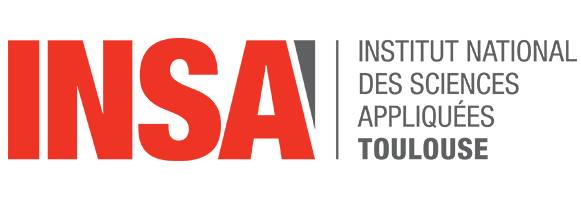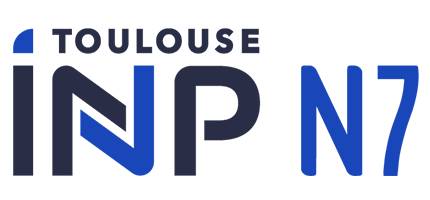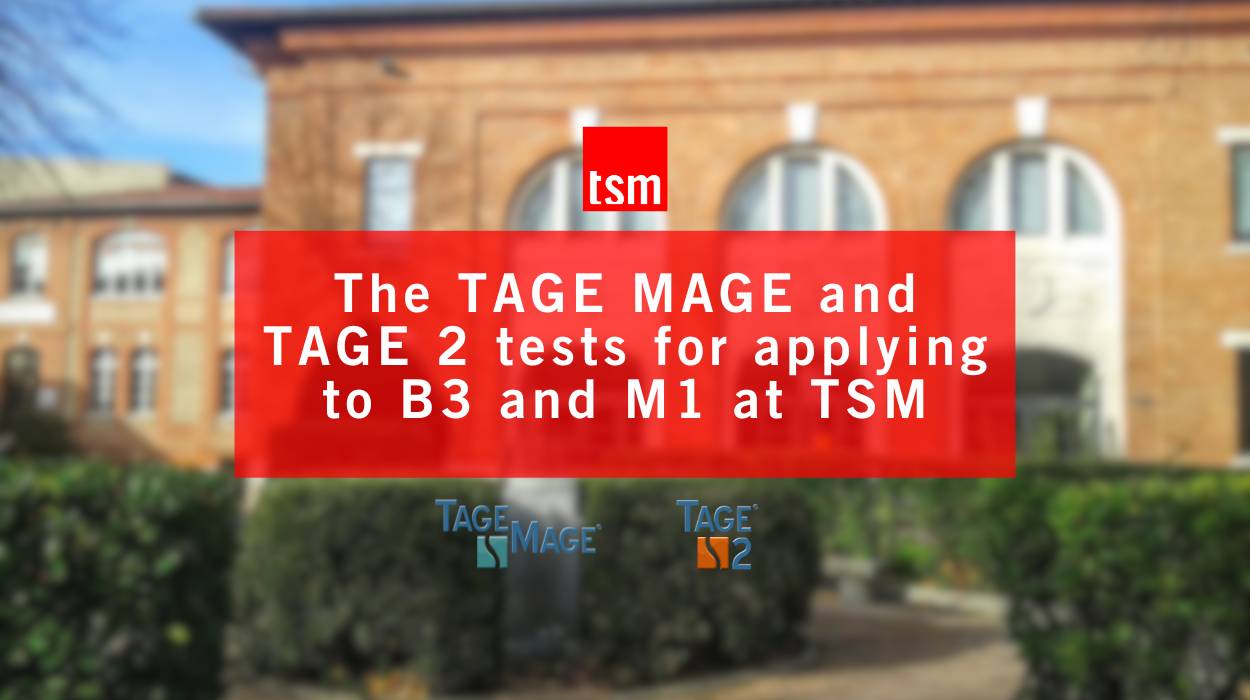Finance
Full time programme, Eligible VPL
English
In person
High School Diploma (or equivalent) +4
High School Diploma (or equivalent) +5
September 2025 - September 2026
1 year
Yes
90%
Toulouse
Boost your career by specialising in one of the biggest, most popular areas of finance.
With this multifaceted learning experience and up-to-date programme you’ll explore the big issues in corporate finance today and its implications within a global context including: investment management, business valuations, IPOs, M&A and investment banking, private equity, sustainable finance, audit, risk management, international economics.
Additionally, you can work on new skills, including SAP to Python.
Recent graduates are now working as:
- Private Equity analyst, M&A analyst, transaction services, transfer pricing
- Investment Banking analyst, structured finance, private debt, syndicated loan, credit risk
- ESG analyst, sustainability financial reporting manager
- Investor relations manager
- Financial risk analyst; Non financial risk analyst
- Financial auditor, internal auditor
- FP&A, financial controller
- Wealth manager
You have the option to take a gap year before starting the M2 courses.
Partners Engineering Schools
The partnership established between TSM and the Engineering Schools enables us to offer a training programme of even higher quality, with a more varied and complementary panel of students. The aim is to enable specialists and engineers to enter this master's programme to develop their multidisciplinary knowledge and expertise.
Benefits of the programme
- 100% taught in English
- 94% of graduates find a job after 6 months of graduating
- 41% of graduates are working abroad
- The only master in finance offered by a French public university included in the Financial Times 2025 ranking. Its 2nd position for the "Value for Money" criterion offers a high return on investment for students.
- Among the few master of finance in the world EFMD accredited.
Programme Objectives
- Financial analysis proficiency: develop skills to analyze financial data and interpret results to inform decision-making.
- Investment strategies: understand various investment vehicles and strategies, including equities, fixed income, derivatives, and alternative investments.
- Corporate Finance knowledge: learn to evaluate corporate financial strategies, including capital structure, budgeting, and valuation.
- Quantitative skills: enhance quantitative and statistical skills for financial modeling and analysis.
- Ethical decision-making: promote ethical standards and practices in finance and investment decision-making.
- Communication skills: develop strong written and verbal communication skills for presenting financial information to stakeholders.
- Technology proficiency: become proficient in financial software and tools commonly used in the finance industry.
- Apply sophisticated financial analysis and corporate valuation methods
- Identify and manage complex operational, financial and extra financial risks
-
42 %
Admission rate
-
100 %
Success rate
-
90 %
Satisfaction Rate
Student testimonials


I would recommend taking time to explore all the possibilities offered by TSM, as much from an academic point of view as for the professional and personal opportunities: community, cultural events, conferences…


I chose the Master in Finance because of its international format and the fact that all classes are taught in English. The first year provides a solid foundation across different areas of finance, and the second year offers the possibility to specialise in corporate finance, financial markets, or finance and data. I appreciated having the flexibility to explore before choosing a specific track.


I chose TSM because of the diversity of the programmes offered after the bachelor's degree, and because in my opinion, they are the best courses in the area. Moreover, it is a good mix between a university and a school, which allows us to have a good theoretical and practical experience, with teachers and professionals, a good follow-up, as well as a very interesting network, particularly in Finance, which is developing more and more.
Contacts
Programme Head





